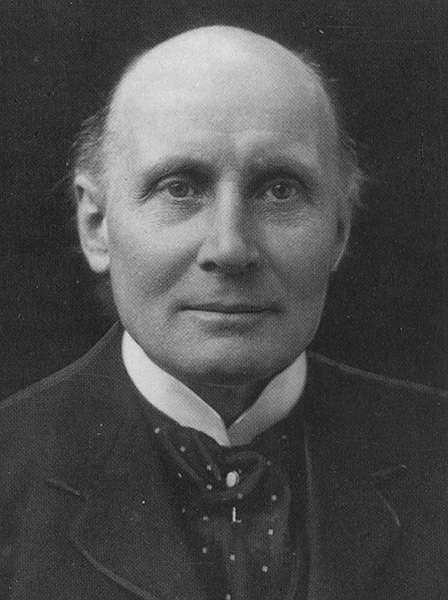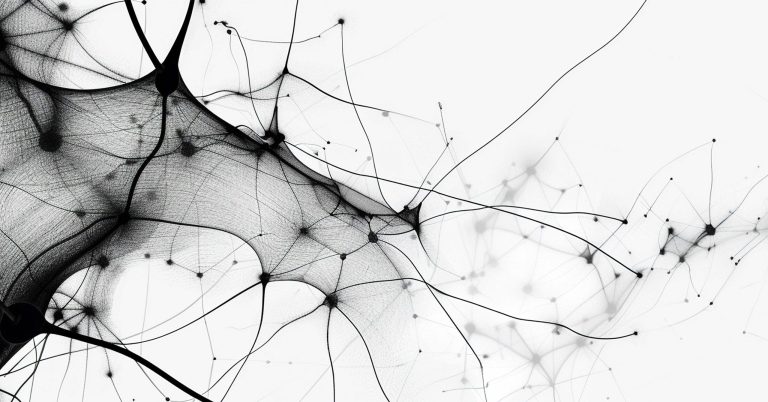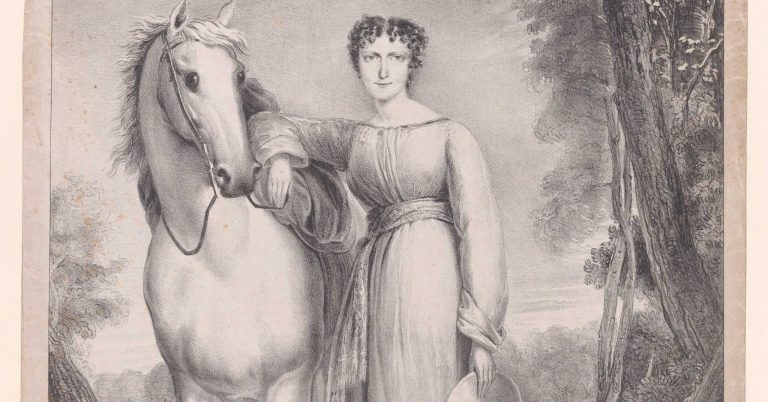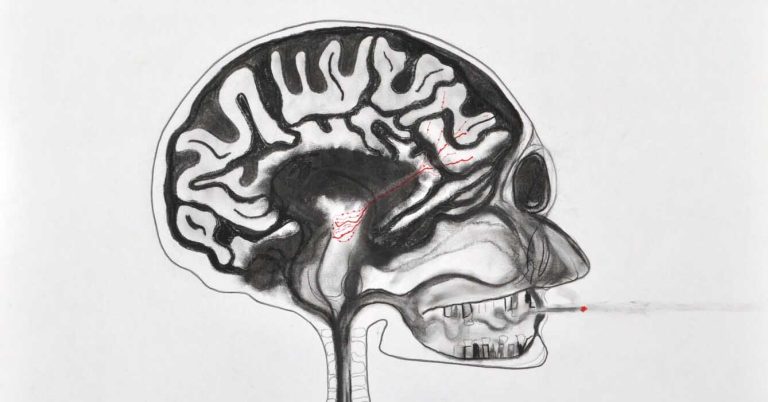
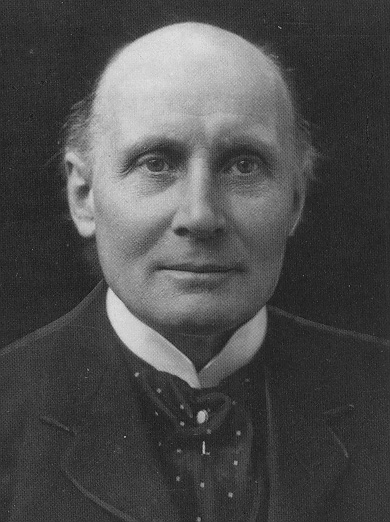
At the end of his first year of what would turn out to be thirteen years teaching at Harvard, Alfred North Whitehead wrote a letter to his eldest son, North, in which he discussed how he felt about teaching his first course in philosophy:
My first session of lectures is now over. It has been rather an effort, and therefore a strain. But I have enjoyed it immensely. I have had the same feeling as you have in examinations – the joy of defeating the examiners. On the whole, I think that I have done it – It might have been done much better, but it was done. My class, which largely consisted of postgraduates who come for their own pleasure, increased in the latter part of the session. So I am in good spirits, though I now know what I ought to have said as distinct from what I did say.[1]
That Whitehead felt that his first year of lectures ‘might have been done much better’ and that he ‘now knows what I ought to have said as distinct from what I did say’ merely demonstrates that they reveal what Whitehead scholars had long been searching for: a window into the development of his philosophy. The publication of these lectures in February 2017 as The Harvard Lectures of Alfred North Whitehead, 1924-1925: Philosophical Presuppositions of Science has permanently changed our understanding of Whitehead’s philosophical development and influences. He can never be read in quite the same way again.
The recently published Whitehead at Harvard, 1924–1925 is the first book to critically assess the impact of the publication of Whitehead’s first year of lectures. It includes chapters penned by leading Whitehead scholars on topics ranging from his philosophy of evolution as influenced by Harvard colleague Lawrence J. Henderson, to his thoughts on quantum theory and his attitude toward and intersections with Kant. It even includes the text of Whitehead’s recently discovered manuscript for his first Harvard lecture. It constitutes a first volley in a new age of Whitehead scholarship that has been initiated by the critical editing and publication of previously unknown archival sources.
And truly this new age of Whitehead scholarship has only just begun: Whitehead at Harvard, 1924–1925 is being published on the heels of the completion of the second volume of Whitehead’s Harvard lectures covering the 1925–26 and 1926–27 academic years, a period in which he delivered the lectures that would become Religion in the Making and Symbolism, and in which he received the invitation to deliver his Gifford lectures that would become Process and Reality. This second volume of lectures is scheduled for publication in early 2021, and promises to be as impactful on our understanding of Whitehead’s thought as the first volume has been. It is an exciting time to be studying Whitehead – who knows what else we might learn as even more previously unseen materials are revealed?
by Joseph Petek
[1] Alfred North Whitehead, ‘Letter from Alfred North Whitehead to T. North Whitehead’, 31 May 1925, MS 282, Alfred North Whitehead Collection, Box 2, Folder 19, Special Collections, Sheridan Libraries, Johns Hopkins University, <https://catalyst.library.jhu.edu/catalog/bib_505857>

Joseph Petek is a doctoral candidate in process thought at Claremont School of Theology. He is the Chief Archivist of the Whitehead Research Project and Assistant Series Editor for the Critical Edition of Whitehead.
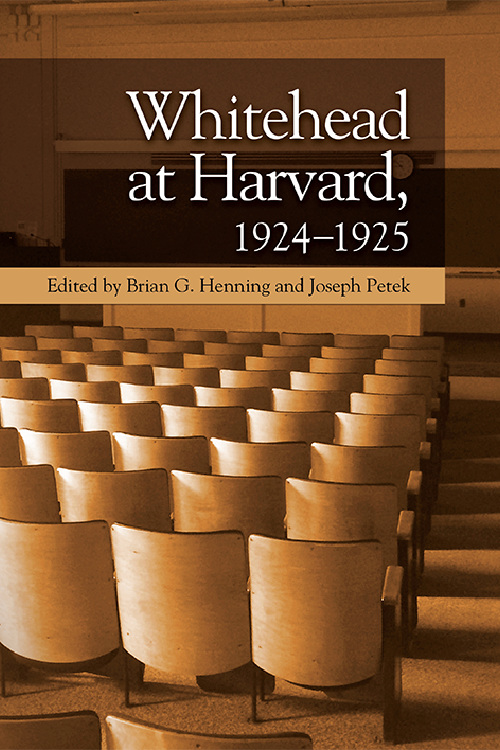
Whitehead at Harvard, 1924-1925
Edited by Brian G. Henning and Joseph Petek
Published January 2020
Examines the significance of The Harvard Lectures of Alfred North Whitehead, 1924–1925
Find out more …


